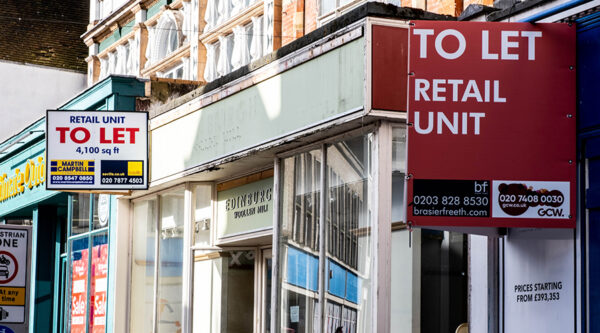

What happens when you come to divorce or dissolution, and the family home is in the sole name of one spouse or civil partner?
The simple answer is that the partner who is not on the legal title to the property should register home rights, which used to be known as matrimonial home rights. These rights only allow you to live in the house – they do not give you any right of ownership over it.
Home rights can protect you from being evicted or excluded and can allow you to enter and occupy the family home if you are not already occupying it.
They only apply to the family home, not to other property either partner may own, and they are limited to those who live together through marriage or a civil partnership; they do not apply to all co-habitees.
Most people are advised to registered home rights with the Land Registry at the start of a case. This is especially important when there is a risk that the person who holds the title to the property might do something with the property that would adversely affect the other person – sell it, for example.
The procedure for registering the home right will depend on if the property is registered or unregistered land and a simple search with the Land Registry will reveal this information. The personal rights provided by the registration of the home right will usually come to an end when the divorce or civil partnership is brought to an end legally.
This can be a complicated area of the law, so do seek advice if you are unsure of what to do.










